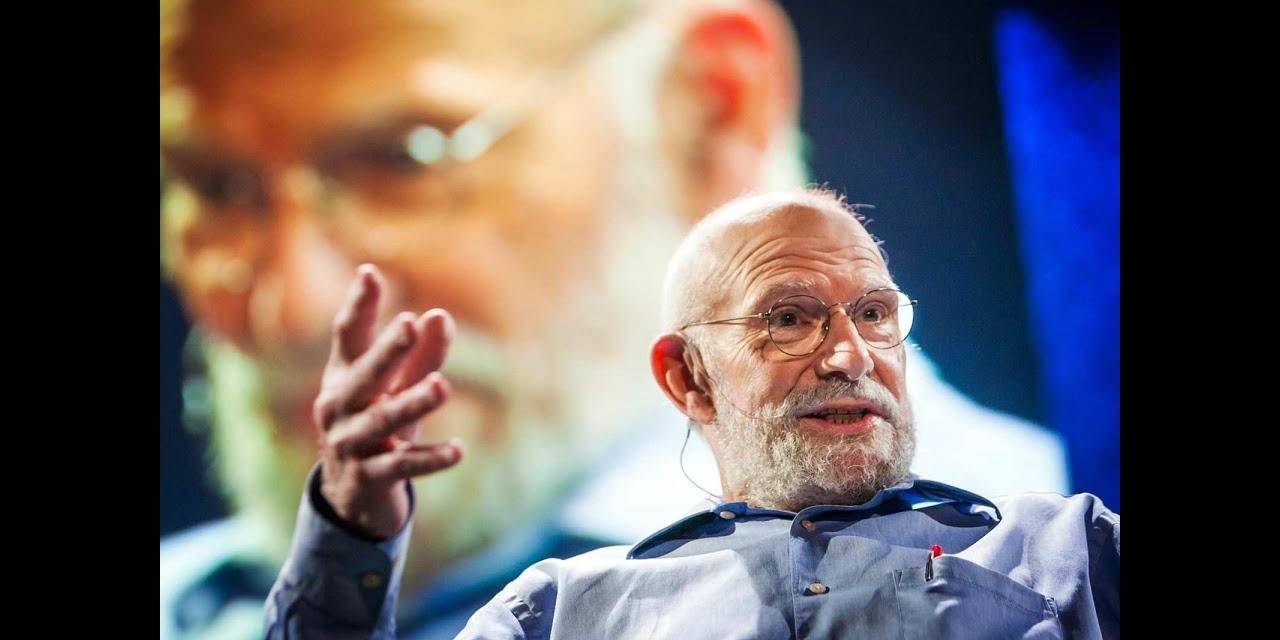Excerpts of Marie-Louise von Franz’s book “The Problem of the Puer Aeternus”
„So it can be said that it is essential for the human male to have feelings of freedom, self-esteem and honor, and with that a certain amount of aggressiveness and ability to defend himself. That belongs to the vitality of the male, and if that is destroyed by the mother, then he falls an easy prey to the mother’s animus. She punishes the son in a humiliating way, thus robbing him of his self-esteem. Another very wicked way by which it can be done is through mockery.“
„She castrates her son and then perpetually hits that weakness, criticizing and complaining about it continually.“
„The male of many species cannot lose self-esteem and honor without paying for it. It is essential to basic masculinity, and to lose it means castration in a deep way.“
„It is this physical spontaneity that the animus of the mother tends to split off. Masculine spontaneity is what the mother who intends to keep, or destroy, her son, instinctively fights.“
„If a wolf comes and eats the shepherd and takes the cloak, then you see what happens to the sheep! It is just the opportunity for a wolf! In the religious situation the wolf may be the great dictators and leaders we have now, or any kind of person who lies and cheats in public life. In private life it is the animus of the devouring mother who takes the lead for the sheep-son. And then there are the decent, devoted sons who believe that they have to honour and be chivalrous to their mother, the elderly lady, and do not see that the animus of the mother has eaten them and just feeds on their innocence. The devouring animus of the mother feeds on the innocence and the best and most devoted feelings of the son. and there too the sheep have been eaten by the shepherd“
“You can say that normally very few young men have a strong enough individuality to pull away from the mother of their own accord; they do it via collectivity. (military)
For this he would need a faithless Eros, one capable of forgetting his mother.”
– Marie-Louise von Franz




